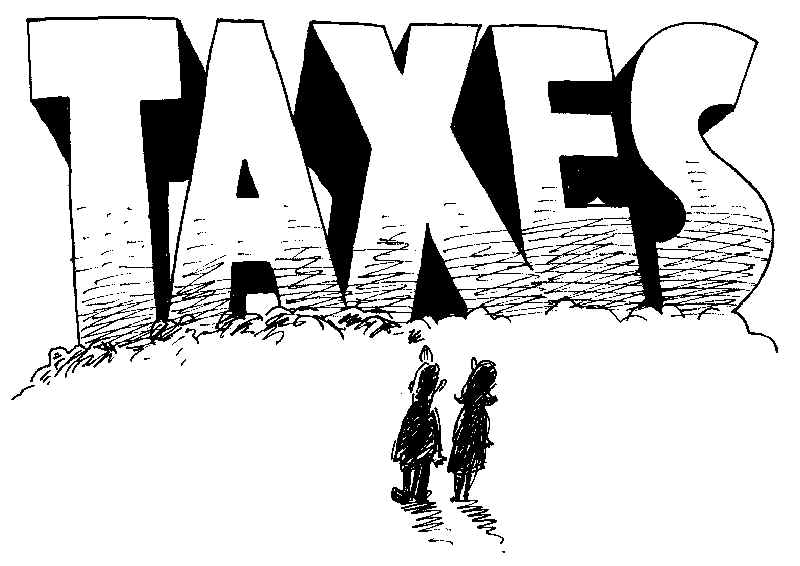At his blog, Paul Krugman presents some employment-population, labor force participation and wage charts and writes
The point of these charts is not to say that Clinton deserves credit for all good things and Bush deserves blame for everything bad. The point is, instead, to show how crazy it is when Republicans claim that a return to Clinton-era levels of taxes will destroy the economy. The fact is that the economy did a lot better in an era when we had a 39.6% tax rate on dividends and a 28% rate on capital gains than it has in an era with both rates down to 15%.
To some extent, I agree that some relatively minor changes in tax rates aren’t going to have an enormous negative effect on the US economy at current tax levels. They didn’t exactly crater our economy in the 80s and 90s when Reagan, Bush and Clinton raised taxes.
But it’s one thing to say that they won’t have a significant effect, and it’s another to say that the economy did better when tax rates were higher and to suggest that it might be true again. Can somebody explain the transmission mechanism here? What is the causal relationship between higher tax rates and improved economic growth?
Well, first of all it’s not crazy, and the amounts involved are significant. The issue here is not where Clinton’s tax raising had us standing, it’s the direction they had us MOVING in…. a slower economy.  There’s no denying that Clinton’s tax policy were what had us slowing down, economy wise, toward the end of the Clinton years; it’s why Bush 43 inherited major economic issues…. issues he solved to the exact degree he lowered taxes… over the large objections of the Democrats in Congress.
There’s no denying that Clinton’s tax policy were what had us slowing down, economy wise, toward the end of the Clinton years; it’s why Bush 43 inherited major economic issues…. issues he solved to the exact degree he lowered taxes… over the large objections of the Democrats in Congress.
And to compare the tax raising by Bush and Reagan, to what Clinton did IS flat out crazy. Reagan raised taxes only by lowering the marginal percentages and, thereby raising the amount of income to the government. Since the economy took off as a result of the marginals being lowered from the stratosphere, the economy benefited… as it always does when taxes are lowered. Bush raised taxes by compromising with a Democrat Congress, who wanted those marginals back in line with their own myopic, Socialist driven view of the world. Same thing with Clinton. “Fairness”, you know.
That Krugman cannot differentiate the two tells me all I need know about his prowess as a financial guru. The bottom line is, there isn’t a comparison between the two, unless and until you consider the size of government to be directly linked to our overall economic state. Krugman, like any good liberal thinks that when the government takes more from us we as a nation do better in the overall. His politics tends to overcome his logic.
The argument Krugman, (and by extension, Henke) is trying to make is that tax hikes don’t prevent economic growth… which is pure nonsense. I would argue that such taxes always prevent economic growth to some extent. That there have been tax hikes under which economic growth occurred in response to other stimuli is unquestionable. But the question Krugman and Henke dare not answer is what kind of economic growth beyond what growth we saw in those cases, did our tax policy cost us?
Tags: BitsBlog, BO, Bush, change, Clinton, Congress, Democrat, Democrats, economy, Income, krugman, Liberal, marginal tax rates, Men, NY, politics, Reagan, Republican, Republicans, Rove, taxes, UN
